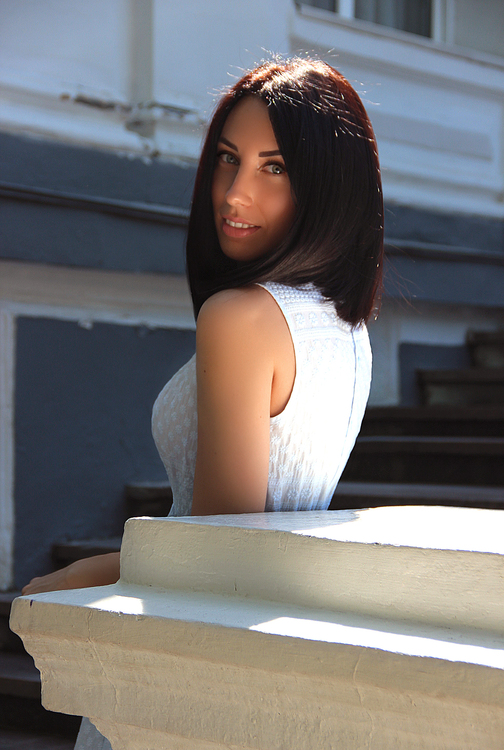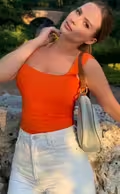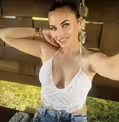Russian for profile
Brides club- Dating tips author

Russia – the largest country on earth – emerged from a decade of post-Soviet economic and political turmoil to seek to reassert itself as a world power. Income from vast natural resources, above all oil and gas, helped Russia russian for profile the economic collapse of 1998, but the oil price slump of 2014 ended the long run of prosperity. The state-run gas monopoly Gazprom still supplies a large share of Europe’s needs.
Vladimir Putin – Russia’s dominant political figure since 2000 – has enhanced his control over state institutions and the media – a process supplemented more recently by an emphasis on fierce nationalism and hostility to the West. Vladimir Putin has been Russia’s dominant political figure since his election as president in 2000, serving two terms and then a four-year stint as prime minister, before resuming the presidency in 2012 and winning re-election in 2018. Since his re-election against only token opposition, Russia’s authorities have further tightened control over the media, thereby muffling an embryonic opposition movement. He has also and adopted a stridently nationalist course and appealed to memories of Soviet-era power to shore up domestic support.
The president presents himself as a strong leader who took Russia out of the economic, social and political crisis of the 1990s, and defends Russia’s national interests, particularly against alleged Western hostility. Opponents and critics at home and abroad accuse him of undermining Russia’s institutions, stymying democratic development, and entrenching rule by a narrow, wealthy elite. Russian TV is dominated by channels that are either run directly by the state or owned by companies with close links to the Kremlin. The government controls Channel One and Russia One – two of the three main federal channels – while state-controlled energy giant Gazprom owns NTV. TV is the main news source for most Russians.
Russian brides club
Russian Brides
Dating Posts
- Russian profile pictures 9gag
- Russia 2018 profile picture
- Russian woman profile pictures
- Russian dating Boston
- Russian brides Boston
- Russian dating in Los-Angeles CA
- Russian brides in United Kingdom
- Russian brides for marriage
- Russian profile pictures 9gag
- Russia 2018 profile picture
- Russian woman profile pictures
- Russia trade profile wto
- Russia trade profile
Recent Posts
Categories
Need Help?
Contact Us Toll-Free



